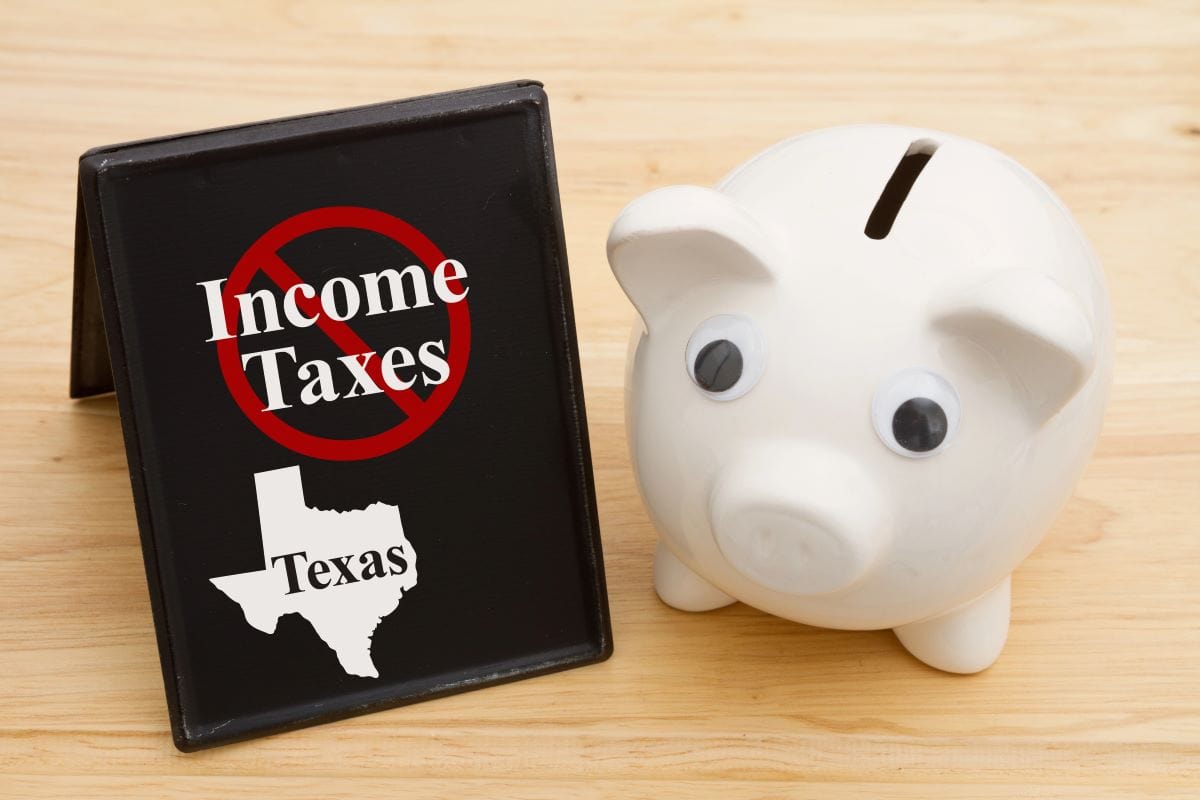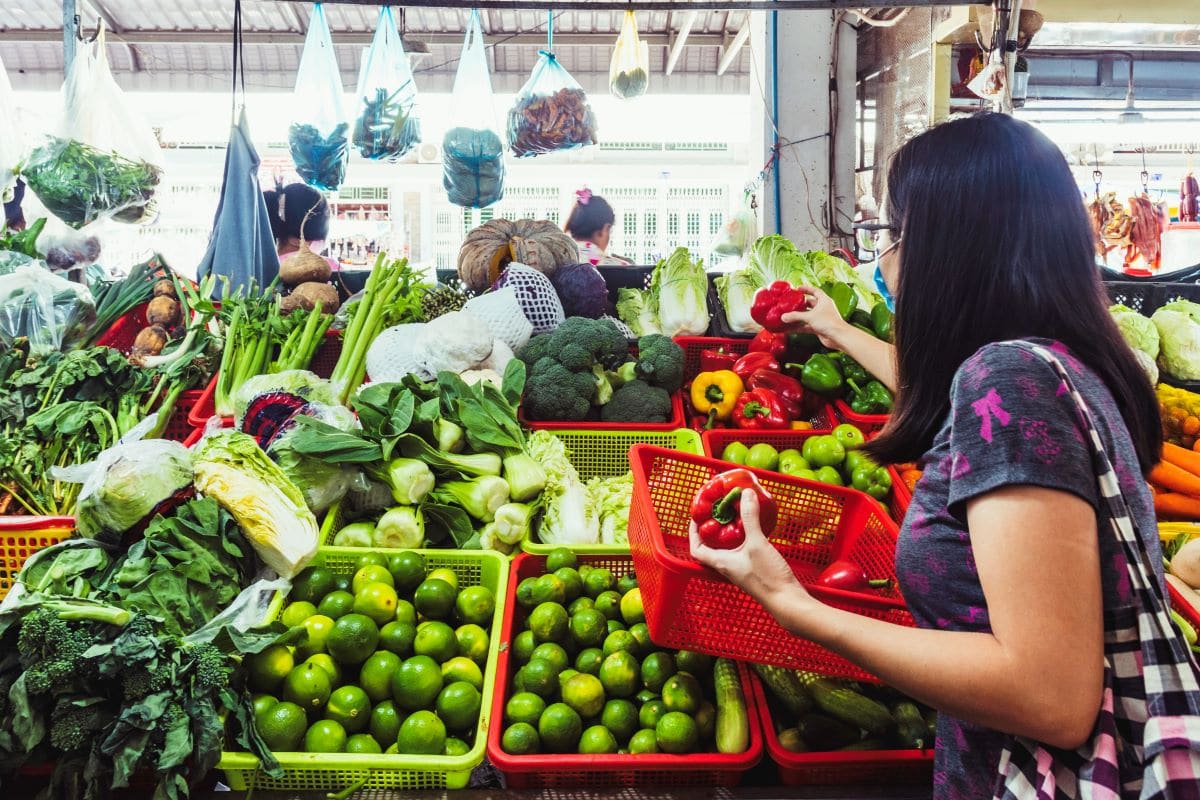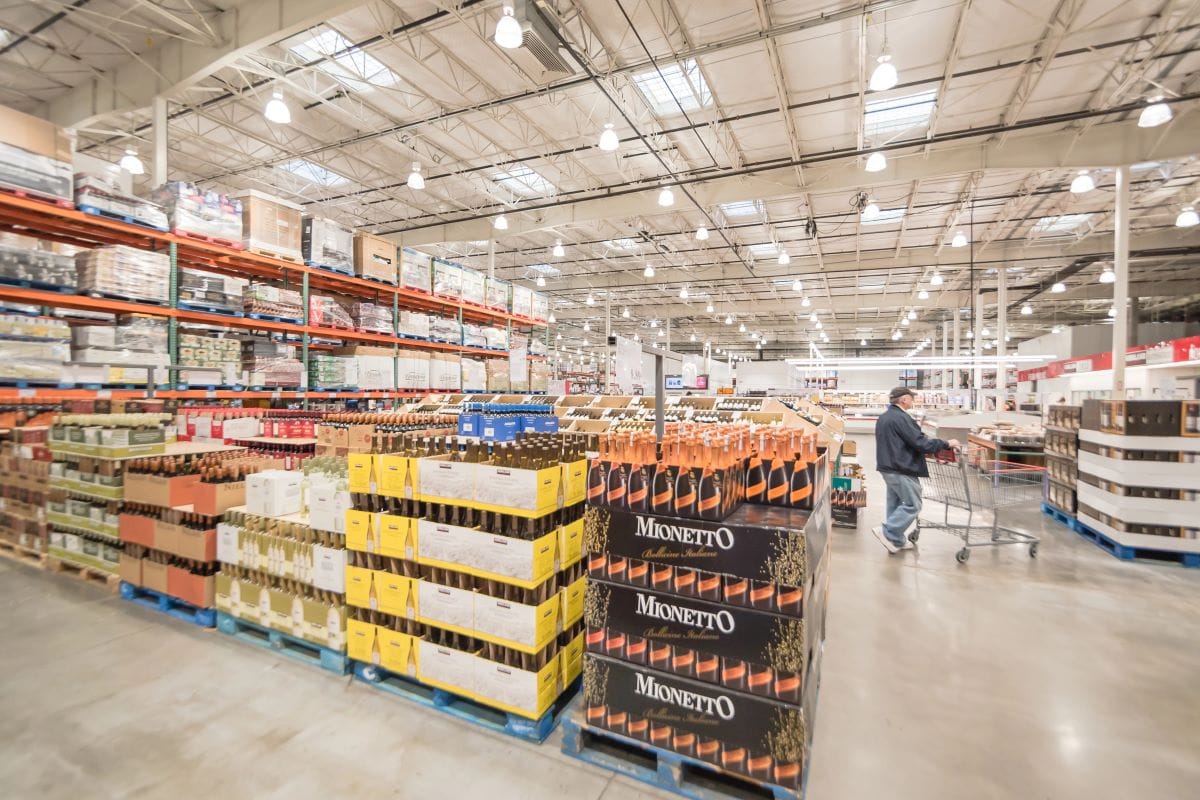This post may contain affiliate links which means I will get a commission if you make a purchase at no additional cost to you. As an Amazon Associate I earn from qualifying purchases. Please read my disclosure for details.
In the quiet calculation of household budgets, few realities remain as startling as the price divide between two shopping carts in two distinct states. One in Texas, filled with a generous array of produce, proteins, and pantry essentials, may cost noticeably less than its counterpart in New York, even if both contain the same brands and quantities.
This difference, while influenced by many moving parts, is not simply an economic curiosity. It is a mirror held to two very different systems of distribution, taxation, and living costs.
Lower Cost of Living Overall

WANT TO SAVE THIS RECIPE?
Texas generally has a significantly lower cost of living, including housing and utilities, which allows retailers to operate at lower overhead. This influences shelf prices directly, as stores are not passing along as many real estate or staffing costs to consumers.
Absence of State Income Tax

Without a state income tax in Texas, residents often enjoy slightly more disposable income. While this does not affect grocery prices directly, it reflects a broader tax environment where lower business costs can translate into lower prices for goods.
Cheaper Transportation and Fuel Costs

Fuel is typically less expensive in Texas, and this lowers the cost of transporting goods across the state. In contrast, dense traffic and higher fuel prices in New York contribute to greater logistics costs, which are then embedded into grocery pricing.
Local Agriculture and Proximity to Producers

Texas benefits from a large agricultural footprint. Proximity to farms and ranches means many goods do not need to travel far. New York, particularly its urban centers, must rely on imported produce, often from far outside the state or even the country, which increases cost.
Fewer Regulations on Retail Operations

Texas is known for having fewer and less strict regulations on businesses, including grocery retailers. New York imposes more detailed compliance requirements, which can mean higher costs for packaging, waste management, or worker protections.
Property and Commercial Rent Differences

Supermarkets in Texas often lease or own space at a fraction of what New York retailers pay. With high rents in cities like New York, especially Manhattan, grocers must mark up prices to cover these ongoing costs.
Related Post: 10 Beautiful Victorian Themed Restaurants
Wage Disparities and Labor Costs

While wages in New York are higher and intended to match living expenses, they also raise the operational cost for every store employee, stocker, and driver. This impacts final product pricing in ways that are less pronounced in Texas.
Related Post: 12 Food Challenges That Have Left People Speechless and Covered In Sweat
Sales Tax on Food Items

Most unprepared foods are exempt from sales tax in Texas, but certain packaged goods may still be taxed differently from New York, where food tax rules vary by county. These local tax structures subtly shift how much a shopper ends up paying at checkout.
Related Post: 10 Photogenic Nature Themed Restaurants To Visit
Competition and Store Density

Texas has a broad range of competing supermarket chains, often in close proximity, which encourages price competitiveness. In contrast, New York’s dense geography and zoning laws can reduce the number of large discount grocery options in urban areas.
Related Post: 11 Pennsylvania Grocery Stores That Beat The Big Chains
Sign up now to receive our exclusive e-cookbook filled with top-rated recipes for FREE!
The price tag on a grocery cart is never just about the contents. It is shaped by a layered network of costs, policies, and geographic realities. Where you live decides how far your food budget will go. While Texas benefits from space, agriculture, and fewer business constraints, New York carries the financial weight of density, regulation, and limited supply routes.
Disclaimer: This list is solely the author’s opinion based on research and publicly available information.
12 Michigan Grocery Chains You Didn’t Know Are Secretly Elite

Michigan is known for its lakes, its winters, and its undeniable Midwestern charm, but there’s something else locals quietly take pride in.
The state is home to some surprisingly elite grocery chains that combine affordability, quality, and regional pride. These stores are where fresh produce meets hometown service. If you’ve never shopped in these spots, you’re missing out on a Michigan-made experience.
Read it here: 12 Michigan Grocery Chains You Didn’t Know Are Secretly Elite
How to Save $100+ Every Month at the Grocery Store

From planning your meals to avoiding sneaky upcharges in the snack aisle, here’s a realistic guide to trimming your food budget without adding stress to your week.
Read it here: Things Moms Waste Money On (and Don’t Even Know It)
Is Walmart+ Still Worth It in 2025? The Truth After 3 Years

Is the new Walmart Plus worth the annual fee or is it just another failed version of Amazon Prime? I spent my own money trying this service out for 12 months and counting. I have a lot to say about the benefits and drawbacks in this Walmart+ honest review.
Read it here: Is Walmart+ Worth It? Honest Review 3 Years Later!
You’ll love these related posts:
- 25 Side Dishes with Salmon to Try (Even If You Barely Know How to Cook)
- The 10 Summer Snack Trends That You Will Want To Try
- 25 Side Dishes for Salmon That Are Perfect for Lazy Nights
- 25 Side Dishes With Burgers (Because Fries Are Getting Boring)
- 25 Side Dishes with Pork Chops to Try (Even Lazy Cooks Will Love These
